There is much talk nowadays about war and peace. The poems that follow illustrate the brutish and destroying essence of war and therefore reinforce the need for ways to avoid it. In one of my last articles, I was labeled a “peacenik” by a commenter who suggested that war is the only course of action if our endeavors are to be proven successful. Whether the commenter meant to describe me in a pejorative sense is not the issue. After all, I’d rather be criticized for my devotion to peace than praised for a commitment to war.
First is a poem by Wilfred Owen. Owen served on the British front against Germany in World War I. Very quickly, he became disillusioned with war and the horrors he experienced. Almost all of his war poems were posthumously published in the 1920 “Poems.”
- “Anthem for Doomed Youth” by Wilfred Owen
“What passing-bells for these who die as cattle?
— Only the monstrous anger of the guns.
Only the stuttering rifles’ rapid rattle
Can patter out their hasty orisons.
No mockeries now for them; no prayers nor bells;
Nor any voice of mourning save the choirs,—
The shrill, demented choirs of wailing shells;
And bugles calling for them from sad shires.
What candles may be held to speed them all?
Not in the hands of boys, but in their eyes
Shall shine the holy glimmers of goodbyes.
The pallor of girls’ brows shall be their pall;
Their flowers the tenderness of patient minds,
And each slow dusk a drawing-down of blinds.”
In “Anthem for Doomed Youth,” “the monstrous anger of the guns” is the only retribution for the diseased. Additionally, the “demented choirs of wailing shells” and “bugles calling for them from sad shires” reveals the detachment the dead have from their homelands, perpetuated under the continued battle that prepares the youth for nothing but burial in a mass grave. Furthermore, when body counts mount, the dead merely fade into a statistic. 10,000 deaths in a war far away, for most, somehow seems less significant that 5 deaths close to home. Owen rightfully attempts to shun this view.
This also reminds me of what Szymborska said in her poem “Starvation Camp Near Jaslo.”
“History rounds skeletons to zero.
A thousand and one is still only a thousand.
That one seems never to have existed.”
This is why individuals should not commit themselves to a war effort. I applaud and commend the bravery, but the truth is, war no longer serves the interests of the people, nor does it the soldiers. The historical record for this is ample. However, being seen as a “dodger” isn’t a light accusation, especially during wars such as Vietnam.
- “Here dead lie we because we did not choose” by A.E Housman
“Here dead lie we because we did not choose
To live and shame the land from which we sprung.
Life, to be sure, is nothing much to lose;
But young men think it is, and we were young.”
This seemingly simple poem by Housman is anything but plain. The first two lines represent the harsh dilemma of a potential soldier. Most do not go to war solely because they want to fight. They might come from a military family or find inspiration elsewhere. Or just maybe the propaganda machine is so well-maintained that a sense of patriotism and duty derives from committing oneself to the broader struggle of a nation. It’s less frowned upon to die a hero than it is to live life after abandoning a patriotic duty. This is precisely what I take to be the message of the poem, along with the fact that young men must soon learn to forget the seeming impermanence of their lives. War exposes how quickly things can take a turn for the worst.
- “Dulce et Decorum Est” by Wilfred Owen
“Bent double, like old beggars under sacks,
Knock-kneed, coughing like hags, we cursed through sludge,
Till on the haunting flares we turned our backs,
And towards our distant rest began to trudge.
Men marched asleep. Many had lost their boots,
But limped on, blood-shod. All went lame; all blind;
Drunk with fatigue; deaf even to the hoots
Of gas-shells dropping softly behind.
Gas! GAS! Quick, boys!—An ecstasy of fumbling
Fitting the clumsy helmets just in time,
But someone still was yelling out and stumbling
And flound’ring like a man in fire or lime.—
Dim through the misty panes and thick green light,
As under a green sea, I saw him drowning.
In all my dreams before my helpless sight,
He plunges at me, guttering, choking, drowning.
If in some smothering dreams, you too could pace
Behind the wagon that we flung him in,
And watch the white eyes writhing in his face,
His hanging face, like a devil’s sick of sin;
If you could hear, at every jolt, the blood
Come gargling from the froth-corrupted lungs,
Obscene as cancer, bitter as the cud
Of vile, incurable sores on innocent tongues,—
My friend, you would not tell with such high zest
To children ardent for some desperate glory,
The old Lie: Dulce et decorum est
Pro patria mori.”
If one is to discuss war poetry, it would be shameful to omit this one. I won’t spend too much time on analysis; the reader should easily pick it up. War is soul-destroying just as much as it is physically destroying. This poem was written after Owen and the rest of his fellow fighters were gassed. A close reading of this poem will make one squirm. Consider the last line of the poem, “the old Lie” in Latin. Originally written by the Roman poet Horace, “Dulce et decorum est pro patria mori” translates as “It is sweet and fitting to die for one’s country.”
Owen commands us to not tell the “children ardent for some desperate glory” that war is the path to this “glory.” Rather, it is indeed a lie to suggest otherwise. To tell someone they must sacrifice themselves for a war they had no part in creating is as capricious of a demand as it gets.
Better a peacenik than a war-mongering patriot.


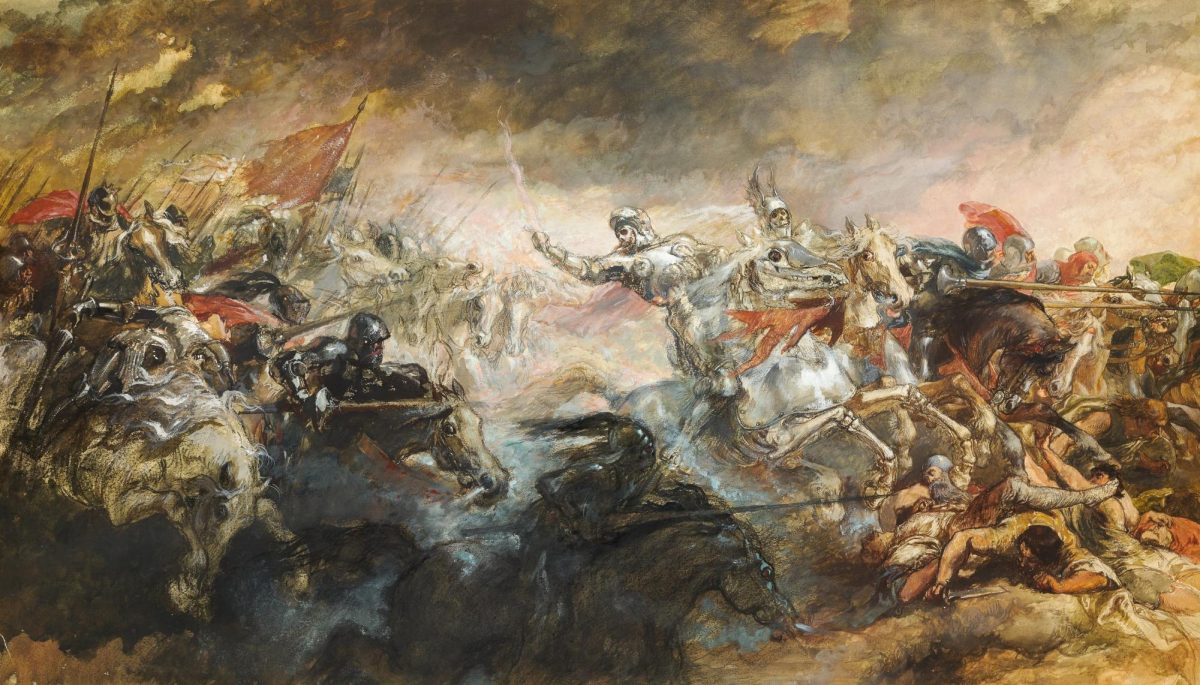
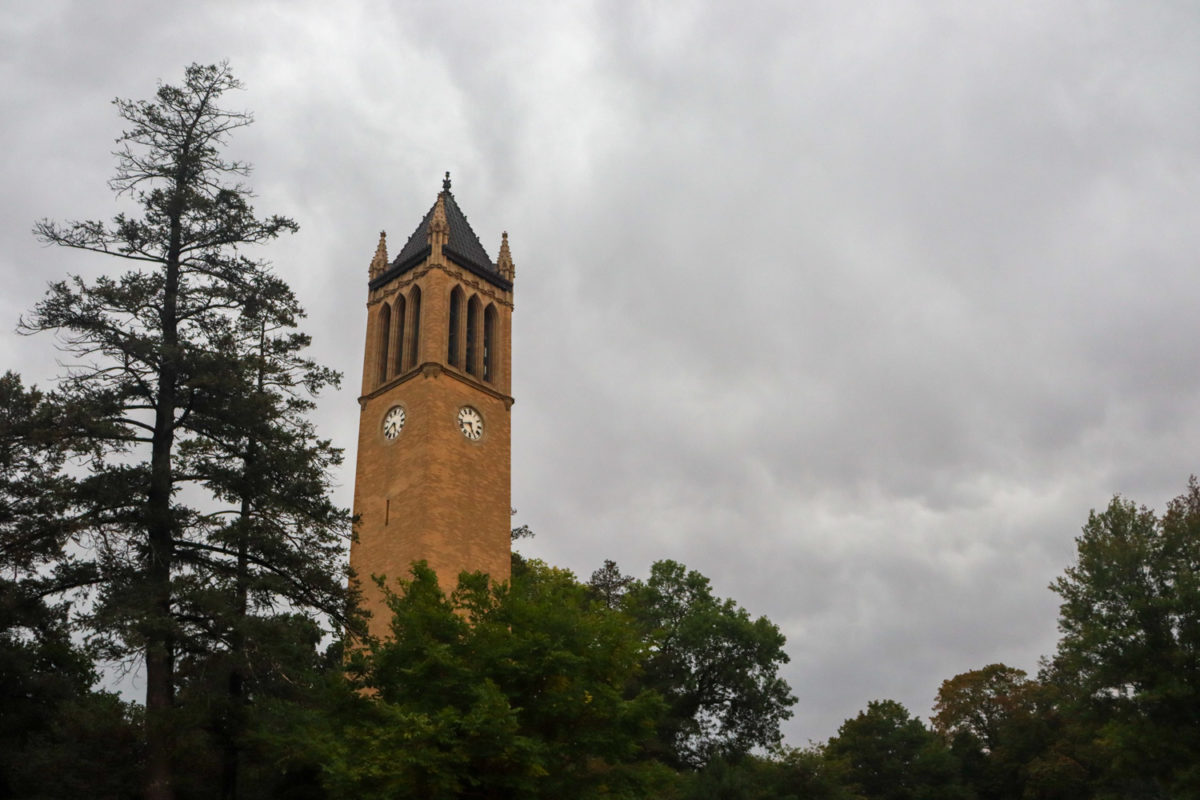
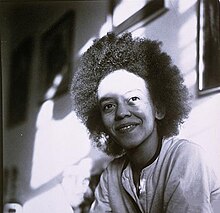

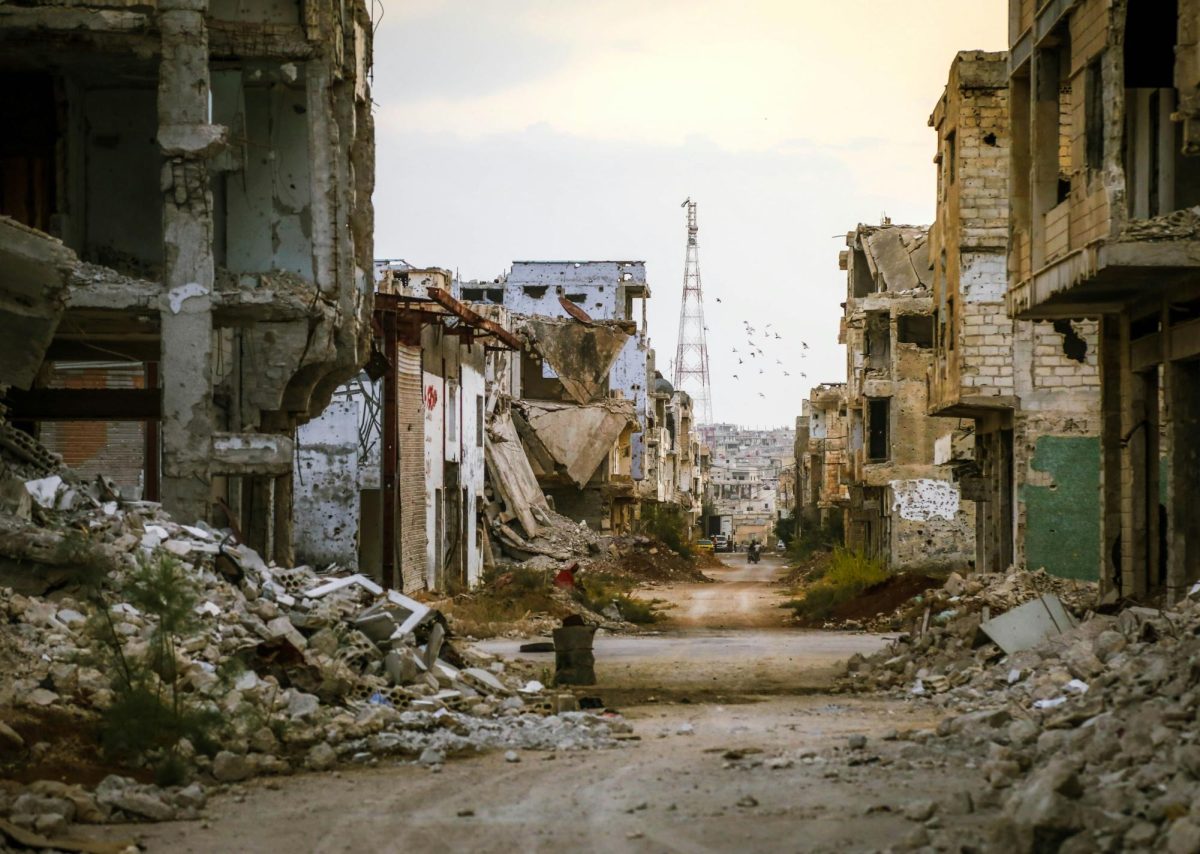
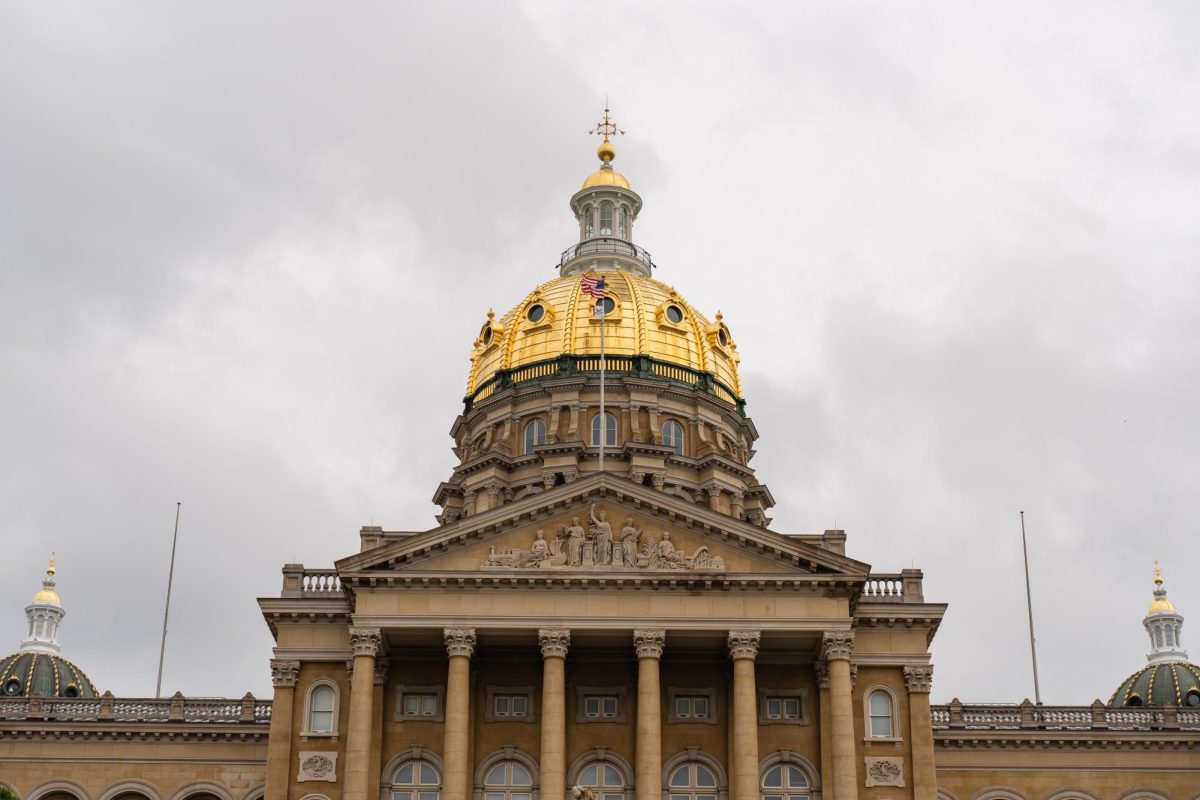

. | Nov 30, 2023 at 10:34 pm
“After all, I’d rather be criticized for my devotion to peace than praised for a commitment to war.” Your articles continue improving, wonderful job! I’m glad the daily has someone willing to speak their mind in such a respectful way, striving to help others understand the views of many!